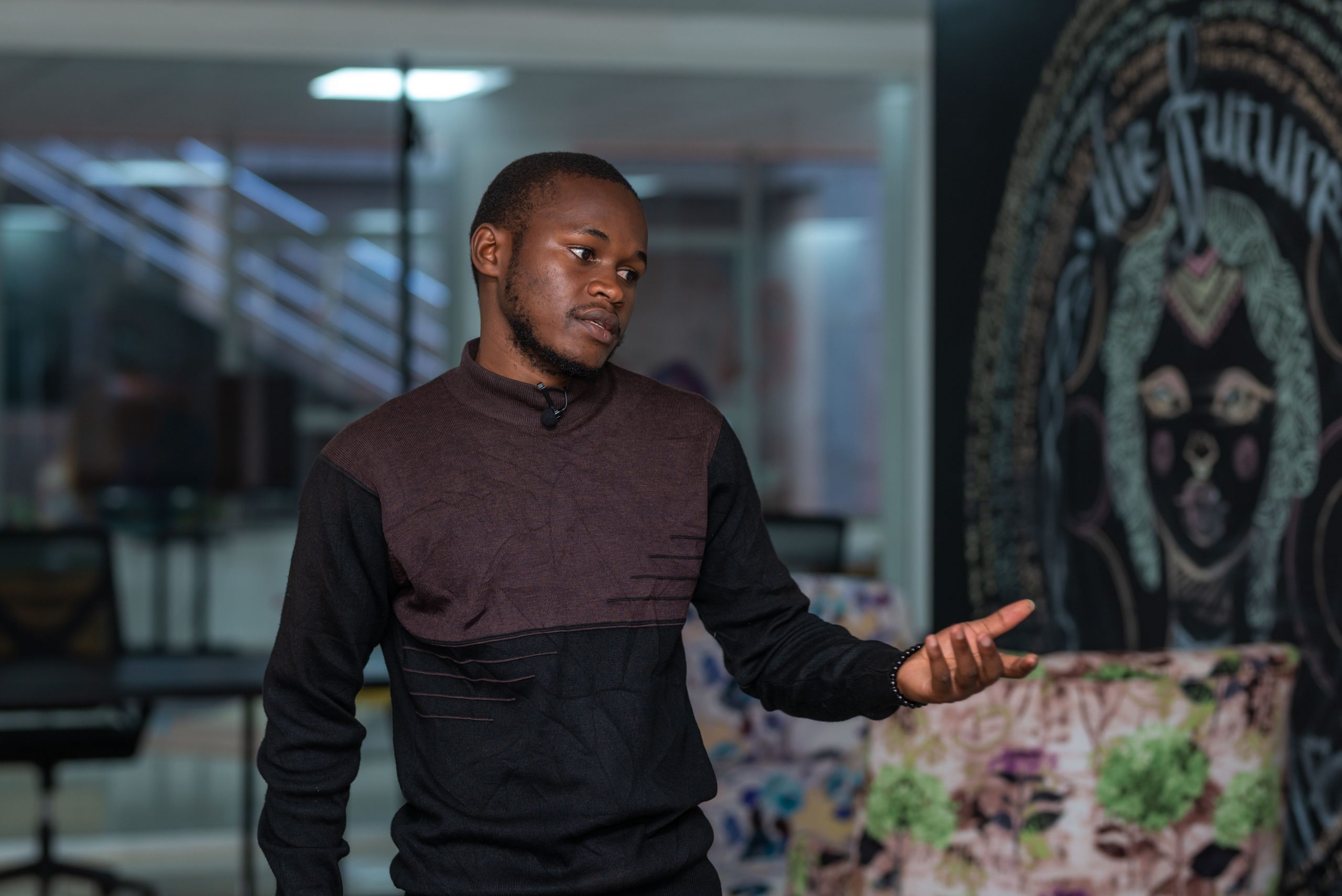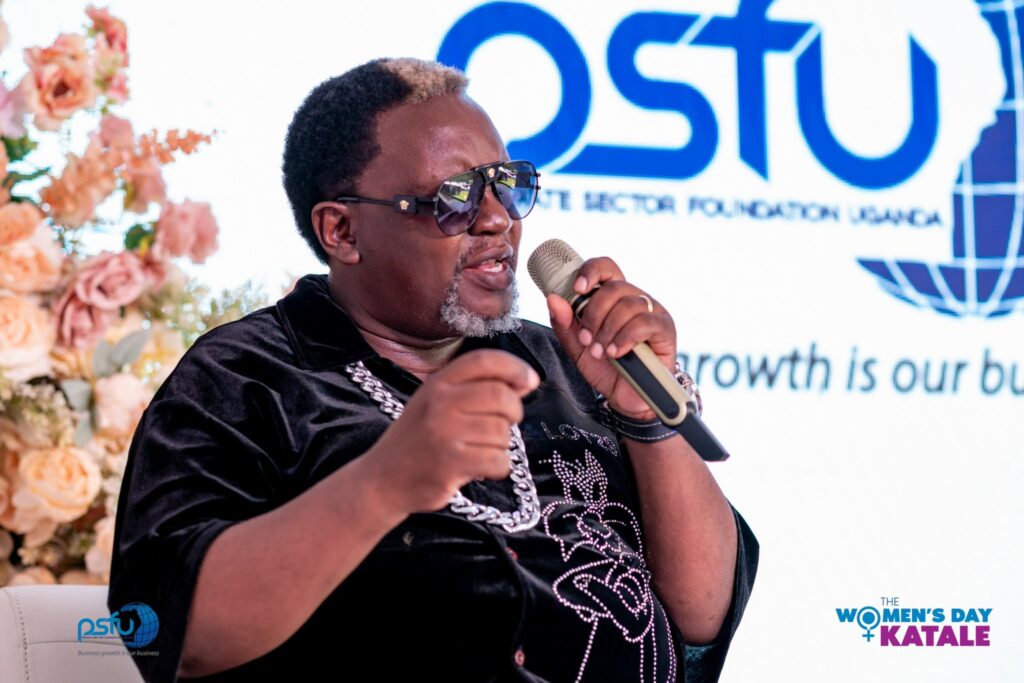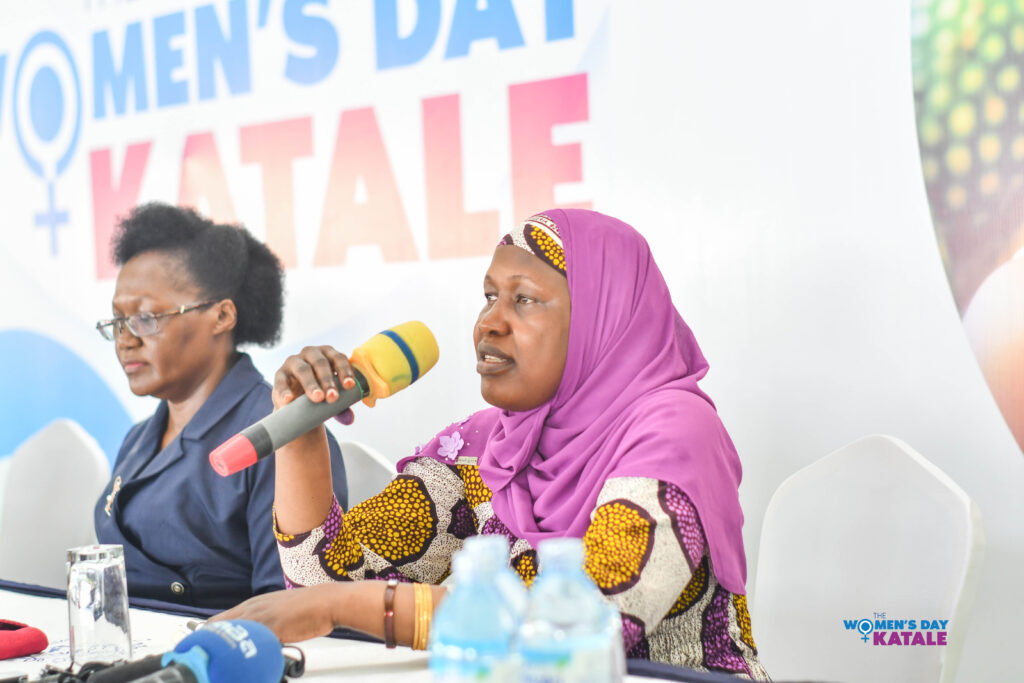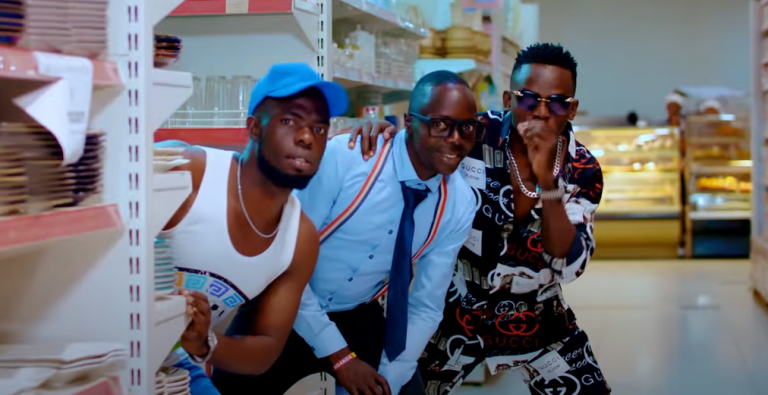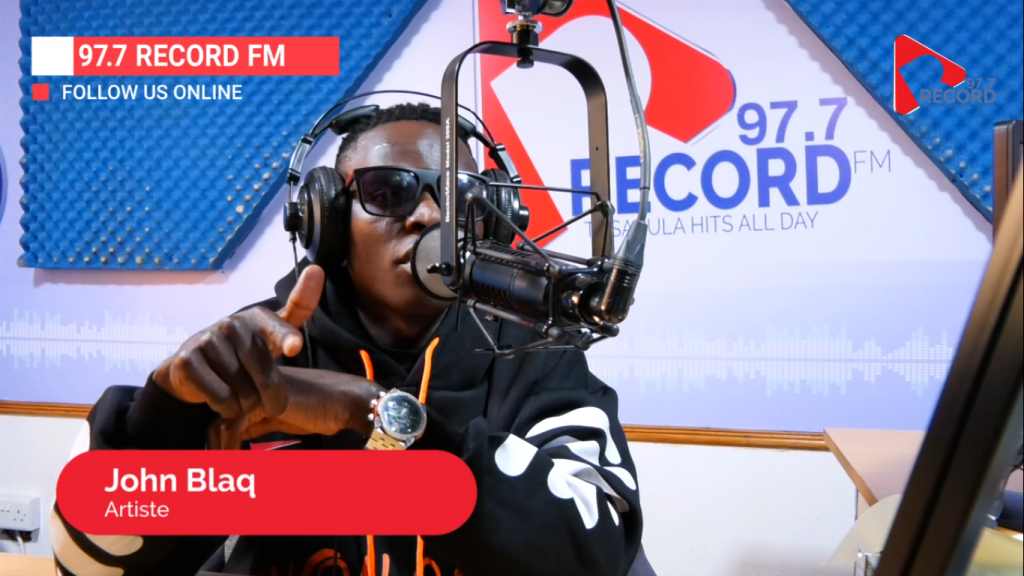101: ‘3D Artist’ Muhammad Nsubuga Believes, Art is Priceless. Calls On Artists To Embrace Local Dialect.
Written by Derrick Asaba on June 6, 2021
Hailing from the Central district of Butambala, a 23-year-old Ugandan male, Mohammad Nsubuga alias NZE, blends his art majorly in the Luganda dialect. For some reason, he calls himself a three-dimensional artist because whatever he does, rotates around art as he says;
A Luganda writer and performance poet, interior and landscape designer and a craftsman. He is the first and last born of his dad’s and as well the firstborn of his mother with other five siblings that follow him. He grew up in Mukono with his paternal grandmother.
His father’s name was Mohammad Nsubuga and his mother is Sarah Nantongo. He attended school from ordinary institutions like he chooses to call them, Aunt Sarah Nursery School, Nsambwe Church of Uganda Primary School, West Hearts Primary School, West Hearts College School, Central View High School, Bishop Senior School and Kyambogo University.
Nsubuga did a combination of PAM/ICT (Physics, Art and Mathematics) at A’level with a dream of being an engineer. It seems, however, his initial dream has been overtaken by an irresistible strong talent that has rebranded the trait in his name ― he is one of the few Luganda poets there are in the country. DERRICK ASABA hooked him up for a chat over the weekend.
 Whilst harbouring dreams of becoming an engineer, where then does Nsubuga draw the inspiration for poetry?
Whilst harbouring dreams of becoming an engineer, where then does Nsubuga draw the inspiration for poetry?
As I grew up, I realised writing was a calling I was running away from. If my memory serves me right, I have loved writing since primary school. I could grasp song lyrics and write them down. It eventually began in Senior Two when I stumbled across a collection of Harry Potter books written by J.K Rowlings. Because of the fiction and fantasy therein, I got so interested in the books and read the first four editions of the whole lineage. After reading these books, I wrote my version of Harry Potter as well.
I remember writing a complete 3Quire book of the whole story of my Harry Potter version. I thought I was trying to write a novel. For the love I had for writing, I joined the writer’s club at A’ level since I couldn’t take Literature in a science combination. I was always looking for news, collecting articles for the magazine, reading news; I was everywhere when it came to writing. In Form Five, I wrote a poem dubbed ‘INTERNET AIDS’ which was selected to represent the class in an Arts competition whose theme sought to address AIDS and the modern world. It later emerged in the first three poems overall. That’s how friends started seeing something in me which I was blinded at. This was my starter poem in 2014 in English.
Do you attach your entrance into poetry to anyone?
There is a friend called Eric Kironde. I credit my poetry success to him because he urged me to do poetry. While in form six vacation, Kironde sent me a link to a WhatsApp group. This group opened my eyes to poetry because it was strictly for poets and poetry lovers. I think 70% of the people in the group were writers. I read people’s poems, got exposed and the interest kept growing until I started writing my own poems.
From just a writer to a performance poet, how did you press the switch?
I first attended a poetry show at an event organised by Open mic at Kahwa Tugo. I looked up to Heights the preacher, Jason Ntaro, Shiraz the Black Poet those days. I was blown away when I watched people perform. In my head, I was ‘like I think I also want to be like that’. That was the same day I watched Ssebo Lule performing in Luganda. He was about to finish his performance when I entered. For the few minutes that I watched him, I forgot about the other performances. Even as the show went on, his was still in my mind.
I approached him after his performance though I was very timid. I don’t remember how I got the courage. To me, he was a celebrity but he didn’t chase me or talk rudely. He shared with me his contact and we engaged after. I sent my English pieces to him which he trashed like many other poets used to. Many of my poems were seriously criticised and someone told me I was just writing prose though I thought I was writing poetry.
Where is the trigger to writing in Luganda?
At one point, a gentleman in Inknet shared a small voice note of a Luganda piece which I picked interest in. That inspired me to write my first Luganda poem, ‘Omukwano Butwa’. I just wrote. To my surprise, for the first time everyone praised me for the goodness in it, even those that had never commented on my pieces. I shared the same poem with Lule. For the first time too, he replied with clapping emojis. I felt amazed at heart and that’s how I started writing in Luganda.
How was your very first poetry performance?
It was in 2017 on Independence Day at a show organised by Inknet in Ntinda. This time, Lule was in the audience. When he had just finished performing, I approached him and asked him to stay and watch my performance. Everyone else had finished performing but there was me. I was holding my phone in one hand and a microphone in the other. It was one of my worst experiences. I was all shaking, nervous, and never had the lines off-head. Both my hands were shaking yet I had to perform. I performed a poem called ‘Carolina’ inspired by a girlfriend I had in high school called Caroline. Each stanza began with a letter of this name.
While I performed, the audience was receptive and people snapped. I think they loved my delivery because my performances are normally of a low tone. Also, most of them had read the poem and thus resonated with it. The poem ends with a line, ‘Sembeza okuttu kwo nkukube akaama, Nze banzala bwomu nyamba omponye obwoomu’. This line caught Lule’s attention so much that he laughed so loud. I felt like I had hit the jackpot and it brought back my happiness after the ‘ugly’ performance.
What are some of the other poetry events you have performed on?
Honestly, there are so many that some skip my mind. I have been lucky to perform twice at the Bayimba Festival of the Arts in 2018 and 2019. In 2018, we did a performance with Kitara Nation called, ‘Arrest the poem’ and in 2019, ‘Mubiri bubiri’ where Lule and I were one of the highlights. I have also performed at National Theatre for countless times, Kelele at Makerere, Azania, Zonzora in MUBS, Milege in Makerere, The African Writers Trust iworkshop in 2019, The Mowzey Radio Remembrance celebrations in February 2019, at Ekyooto on CBS FM, with Leo African Institute, and so many others.
How do you manage to kill the nervousness that was once like your brother?
Normally, I grasp poems though I have a problem with cramming poems. The time in which I grasp a poem depends on when I am supposed to perform it and how into the poem, I am. There are poems that I am so much into that by the time I finish writing them, I have some of the lines off-head. And, there are poems that are seasonal, for example, a show that has a theme. If such a show is in a week’s time, I make sure that I have the poem off-head within three days. I also record myself reading the poem aloud. I play what I recorded after some time again and again or try stanza by stanza. Also, there are sometimes when we are in poet’s circles where we meet as poets. They deal in poetry reviewing, critiquing and performing which help one cram. This has helped me kill the nerves.
What do you do to make your performances stand out?
I perform poems that go in line with the audience. I either become part of them or make them part of whatever I am going to perform. There are different performance devices like repetition, rhyming, using gestures, voice tonation, which helps me grab the audience’s attention. I needn’t look into the audience’s eyes. Since I am shy (which many don’t believe), I either look above or focus on one person. I always need to bring out the emotions ― crying, anger, shouting, barking and everything.
How best do you define your poetry line?
It is good and bad. Like any other beginning career, it is very hard to thrive from the word ‘go’. It is a process made up of growth, disappointments, being used, achievements, losing morale, getting, using, losing and money; all this can be incorporated in my career. When I began in 2017, no one would call me for a poetry show even if I was to perform for free. It was very hard. At this moment, someone will think of doing a show and my name comes in their mind. It is an achievement. People normally refer to achievements as monetary, tangible things but for art, appreciation is very important.
How have you been used?
Someone tells you of a show and promises a token or payment. You come on time, perform, the crowd is thronged and in the end, you are told that things didn’t turn out well. In 2018, Kitara Nation had a performance called ‘Arrest the poem’. It was a very big debate where poets were paid in exposure and platform. One’s art is reduced to exposure and platform. With growth, one has to know when they are supposed to perform for exposure or money. I don’t want people to take away the exposure and platform issue because everything has where it works and suits. We get used yet we invested in this thing. When I was at campus, I chopped lectures to attend a poetry night in Kampala. There are days I came from Mukono strictly for one thing ― poetry. But I could come, fail to be paid yet I appeared on the flyer.
Talking about money, how much is your rate card?
(Laughing) That’s a tricky question. Though, good art should not be gotten for free. I normally want to engage my clients but if one asks for my rate card, I can as well tell them 1M. When you mention a high price, serious clients will think they are dealing with a serious person and opposite to one who is unserious. A rate card works as a filter in that a client comes when he is knowledgeable about the money they are supposed to pay. It all goes back to ― different platforms, different arrangements or agreements. On a good day, I can say that I walk away with 100K+ and this is the minimum for instance if the client is a close friend.
Do you think this amount is equal to the creativity you put in or rather parallel?
Art is priceless. This is an answer that I came to an agreement with, as an artist and have by and by shared. In the eyes of an artist, there is no amount that can ever equate to the time, creativity, thoughts and everything invested in that art piece. Good work will always be. For example, musically, I listen to old music of 2013 and below because I find that music complete from production, lyricism and all that, which is lacking in today’s music. Up to now I can listen to a Maddox Sematimba song and don’t get fed up with it. There is no value you can attach to such art.
That said, how often do you write?
That’s a very good question. I am a seasonal writer. It is funny but this is my opinion. There are poets who say that writer’s block is total laziness and never exists. This refers to a situation when your head is totally blank and you can hardly write no matter how much you would want to. It might not necessarily be writer’s block but I don’t put myself under pressure when it comes to writing. I can take a month without writing but if I have decided to write, I can even write ten poems in a day. During the lockdown I wrote over 40 poems. I challenged myself to write a poem daily. I believe it has to come naturally. Of course there are poems written as a result of conceptualisation but the best poems to me are those that come naturally.
Do you have a poetry niche?
At the start, I was writing about love which I wasn’t even experiencing. With growth, I have come to realise that I am a social conscious kind of poet. I mostly address anything to do with politics, identity, religion, morals (because the more I grow the more African I become). This African nature has brought me to a conclusion that the western culture is invading us too much leading to a loss of our identity as Africans which we ought to reinstate.
A friend told me that poets harden instead of simplifying issues at hand. What’s your say?
Such poems exist. I don’t know whether it’s what is being taught in schools. I think people confuse metaphor application and imagery with strong diction. It is very common. I also know of people who use strong diction and you hardly understand what they always imply. All in all, it is usually due to a poet’s choice, background and also reflects on the kind of work such a person reads. For example, you can’t expect someone who reads Shakespearean books to write normal poetry.
Apart from poetry, what else do you do?
I am an artist who believes poetry should not just be viewed in the lens of stage performance. Sometimes I do freelance content creation, crafts; basically, jewellery, recycle boxes with African clothing to make gift boxes, bags and hampers.
How has the presence of COVID-19 affected poets?
It has affected us a lot in a way that it has been inscribed in poets’ minds that ‘my stage is my job and source of money’. By the time we went into lockdown, there could be a poetry night almost every night of the week meaning the more poetry nights were, the more chances poets had to perform and be paid. The closure of events scrapped bookings of poets thus no earning. Personally, it has been an eye-opener. I have realised that I don’t need to depend on stage performances. Initially, one would be sure of three bookings at least a month. We have been in lockdown for a year and sources of income were cut which means that one had to either quit and look for another thing or use what they have to do something. I also learnt that collaborations are so important with different stakeholders and that any creative writer has to be prepared with their work every time so that anytime the opportunity pops up, they are ready to embrace it. Our CVs shouldn’t be theoretical but more practical.
What are your aspirations?
Initially, it was more about me ― a little bit selfish but as I grew, I cherished working with my fellow creative writers. Being that I study from Kyambogo, I had a dream of starting up what Kelele does in Makerere. You and I know the stories around this university where most people say that the students are old-fashioned. I believe that people need to know the other version of Kyambogo. Actually by the time COVID-19 came, we had begun Kwebuga, a poetry platform in the University where I am one of the founders.
Also, since I am a Luganda writer and a believer in culture preservation, I want to inspire as many people as possible to start writing not only in Luganda but in their mother tongues. People always laughed at me in my first performances while I used Luganda. But I got used to it with time. People need to appreciate their languages. You cannot lose language and remain with culture. As long as we still practice our languages, culture will remain. Plus, I hope to man up and publish a book hopefully next year. I believe there is a lot I have written and people need to receive and know what I have written.
Inspire someone intending to be a poet.
Whoever wishes to do poetry, the right time to start is now. Believe in yourself and understand why you want to be a poet. It is a frustrating industry but fruitful at the same time if you set your goals rightly.

